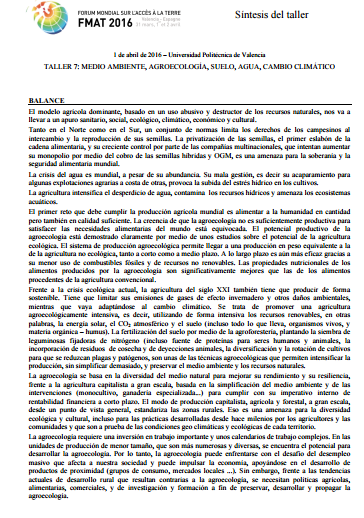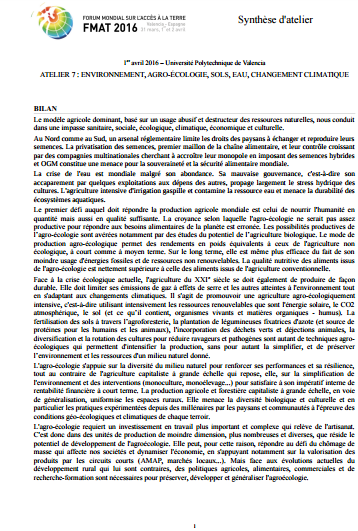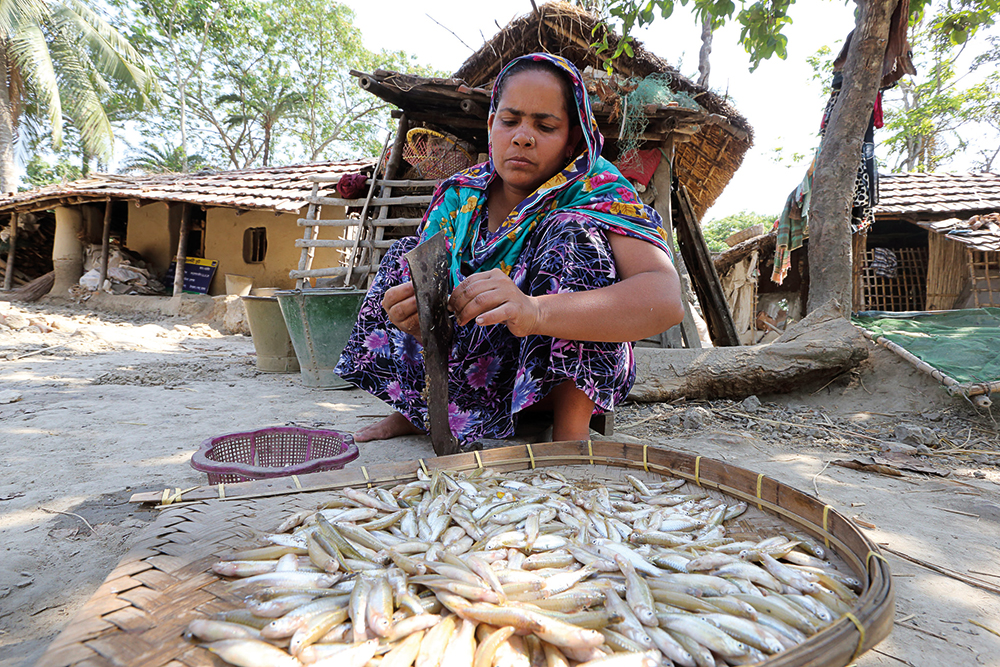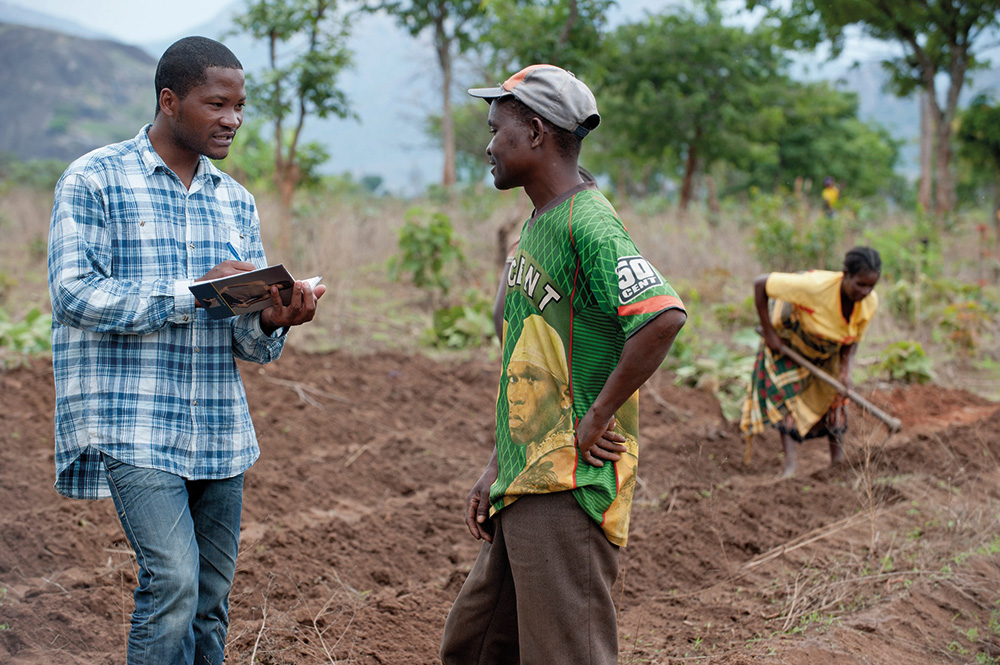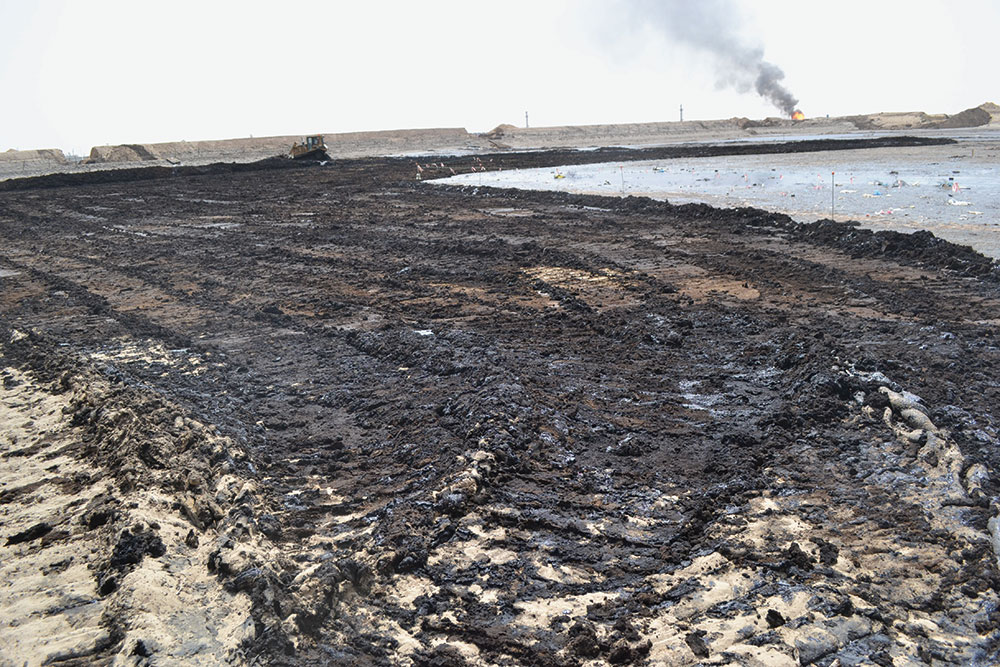TALLER 7: MEDIO AMBIENTE, AGROECOLOGÍA, SUELO, AGUA, CAMBIO CLIMÁTICO
El modelo agrícola dominante, basado en un uso abusivo y destructor de los recursos naturales, nos va a llevar a un apuro sanitario, social, ecológico, climático, económico y cultural.

